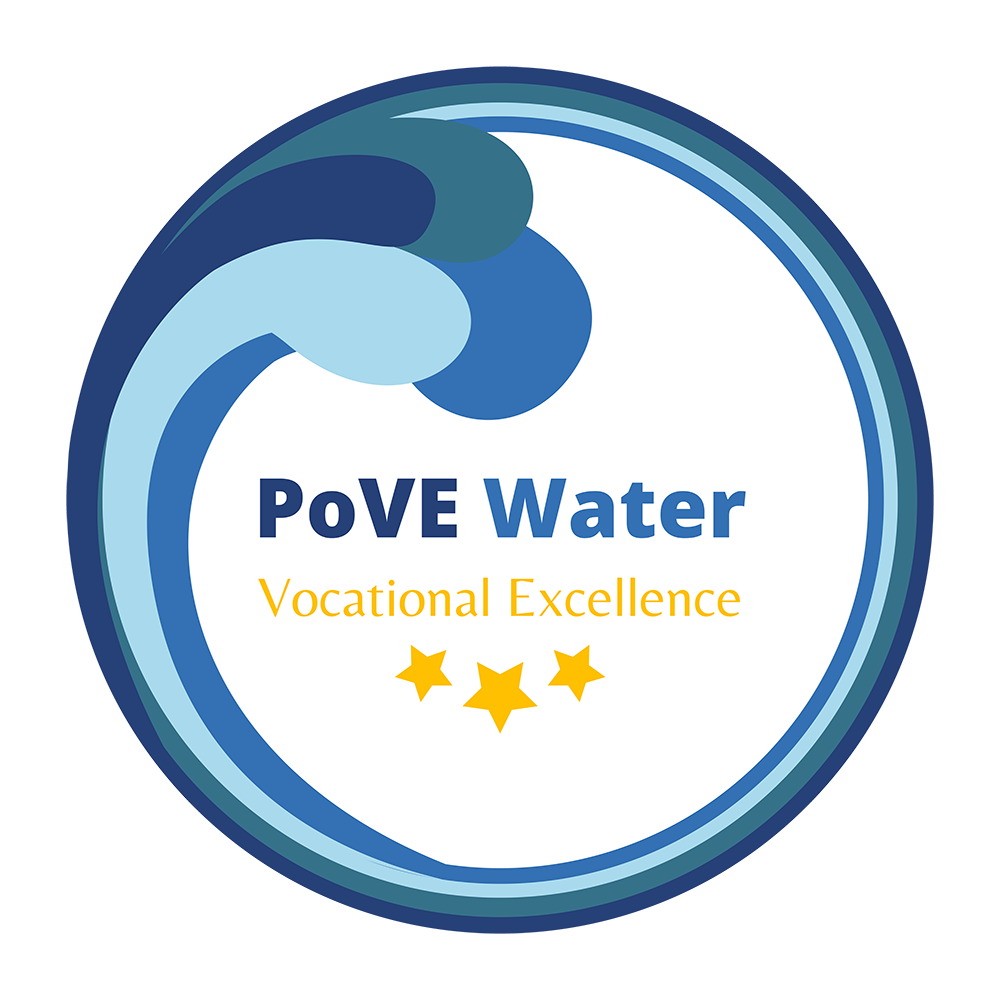The Pilot PoVE Water project gave us the opportunity to achieve a wide range of results, covering both industry and vocational education needs. Thanks to the project, the opportunity was taken to communicate and collaborate with water experts from other countries, which to a large extent also provided an opportunity to understand the ideal model to follow.
Since one of the project aims was to develop the local centres of excellence and initiated the discussion within the sector, the project strengthened cooperation with various governmental and non-governmental institutions, such as the Latvian Water and Wastewater Works Association (LWWWA), the Employer’s Confederation of Latvia, the Industry Expert Council, Cleantech Latvia cluster, the Ministry of Environmental Protection and Regional Development, the Ministry of Education and Science etc.
Within the framework of the project, it has been established that vocational education is a solution to our current problems. Due to the establishment of the centre of excellence, within which discussions have already begun and a unified water sector improvement strategy is being initiated in Latvia. The beneficiaries are public service providers who have identified their weaknesses/needs in relation to the education system as well as the qualifications of existing professionals. Lifelong learning is recognized as one of the key areas in which to work. In the commercial sector, needs/shortcomings have been identified related to the fragmentation of the education system in the water sector.
Amongst other things, the project helped to identify the shortage of water sector staff. It has been established that currently about 400 new employees are needed in the field of water management, while the number of employees required in the commercial sector is about 50 specialists.
Within the Pilot Pove Water project, RTU Olaine College of Technology has developed studie materials called “Microbiological criteria for drinking water”, the aim of which is to provide students with insight into water microbiological quality criteria, testing methods and pathogenic microorganisms that can spread through water. This study material was not only tested on vocational and high school students, but also, in cooperation with vocational education teachers, integrated within the study modules of VET schools. In total, this study material was used to train more than 60 pupils and students, involving 2 vocational education teachers and lecturers. Feedback from students on the use of this type of material in the learning process was obtained, where the majority of students marked such materials as useful or very useful.
The project envisages mobility/training for students and vocational education teachers, which will give an opportunity to expand their knowledge, gain experience from other countries in this sector and share their ideas and suggestions for strengthening the sector. At present, the selection of participants for the upcoming new CoVE Water project has already taken place and it is planned that 3 vocational education teachers and 6 VET school students from RTU Olaine College of Technology will take part in the Water Week event in the Netherlands this September.
Impact story: The Netherlands
Impact story: Czech Republic
Impact story: Latvia
Impact story: Malta
Impact story: Scotland
